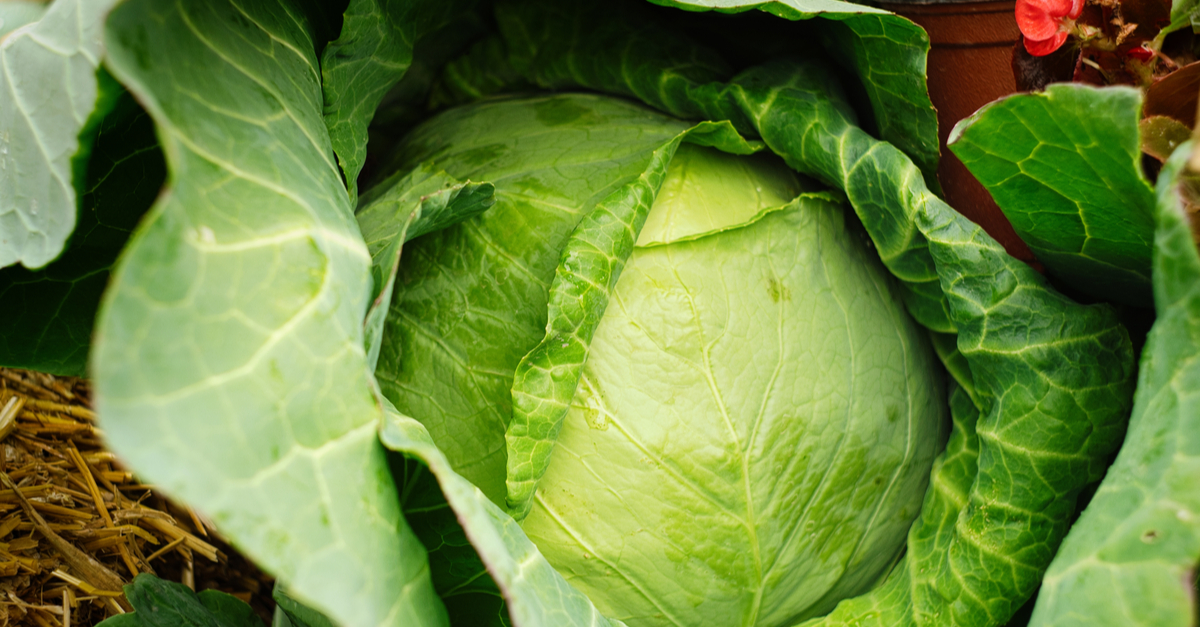In the fall of 1578, a place in northern Serbia became the cabbage capital. Back then, people in the town of Futog, 10 km from Novi Sad, began to organize the Mitrovdan Fair, where taxes were paid with a few cabbage heads, the Austro-Hungarian Imperial Army was fed, and fresh cabbage was sold as medicine. Today, Futog cabbage is one of 40 products protected by a geographical indication at the national level. Three products from Serbia are recognized worldwide, but none in the European Union.
Traditional products are part of Serbia’s gastronomic and cultural heritage and identity. Over time, they have gained a reputation associated with the place of production. Raspberry from Arilje, Srem Kulen (Paprika flavoured sausage from Srem) and Zlatar cheese are some of the well-known products protected by a geographical indication in Serbia.
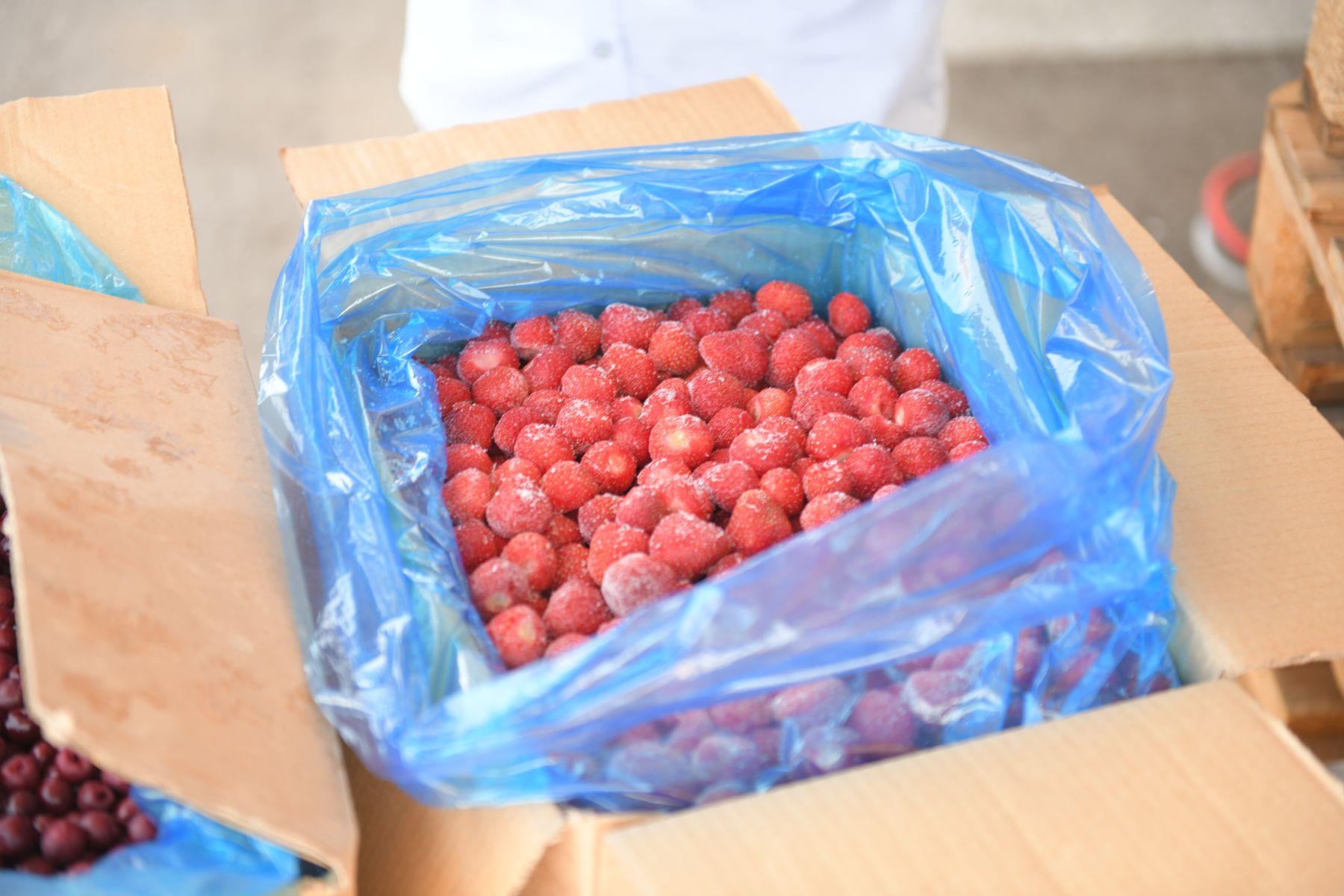
The first two products with a protected geographical indication in our country were wines from Croatia, “dingač” and “postup”: they were registered with the Serbian Intellectual Property Office in 1986. A decade later, the people of Užice protected the name of beef and pork prosciutto and bacon. There are currently several dozen products protected by name or geographical indication.
There are 46 agricultural and food products in Serbia – not counting wines, spirits and water – that are protected by one of the geographical indications. Out of that, 15 agricultural and food products are from the north, from the area of Vojvodina, they explain from the Ministry of Agriculture.
In the meantime, Slovenia registered ajvar at the EU level, and the Czech Republic registered plum brandy, so this topic became important to producers in Serbia.
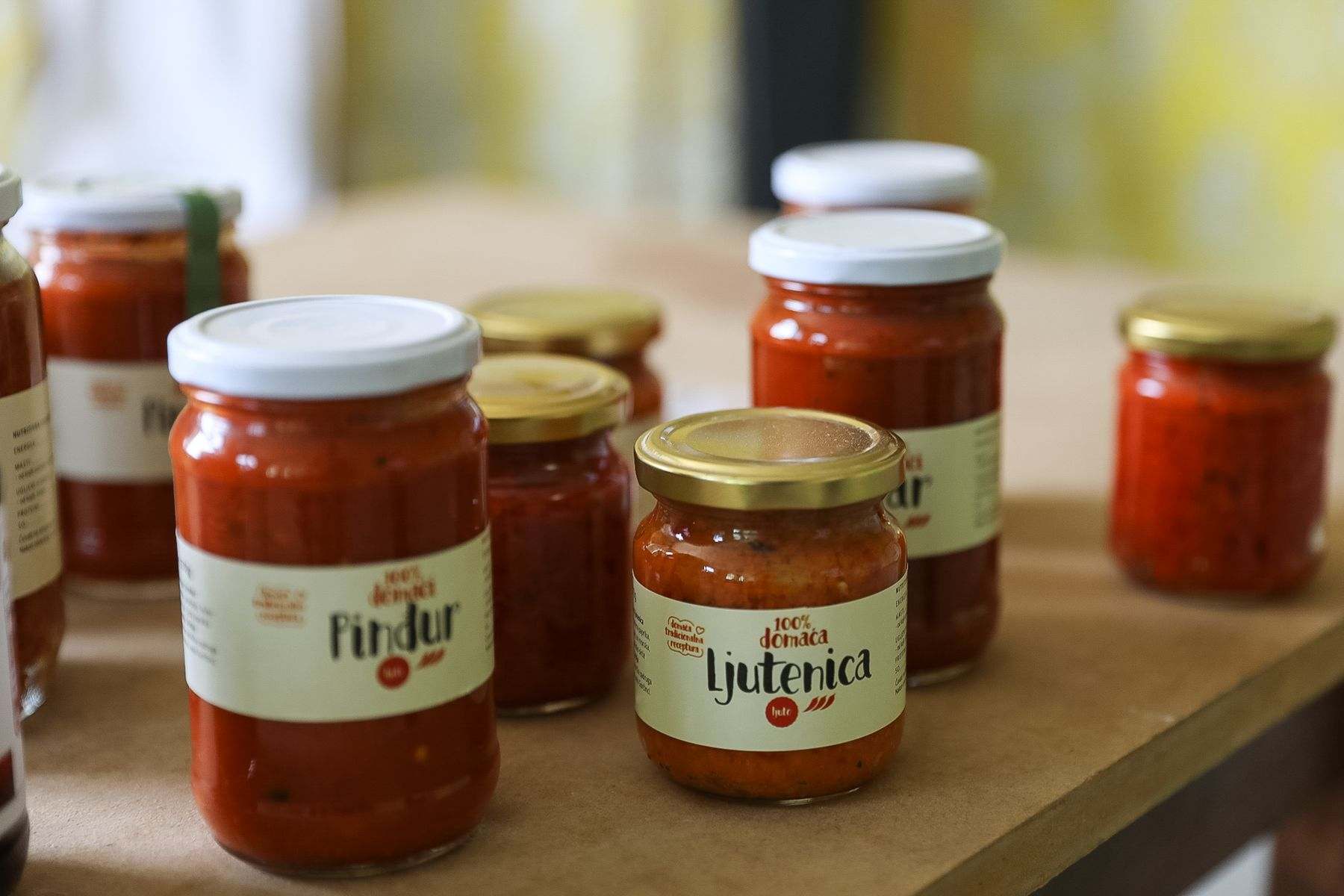
Disputes over the name and protection of the geographical origin of products are not uncommon in the European Union. Sometimes it happens that several countries claim the right to a name for the same or a similar product, which can be the result of various factors”, it is stated in the publication of the Ministry of European Integration – “Myths about the EU“.
It goes on to say:
“Products with geographical indications guarantee that their specificity and quality are the results of a combination of natural resources and tradition, specific knowledge and skills. In Serbia, 33 products are protected by name or geographical indication at the national level, namely: Pirot cheese and carpet, Užice beef prosciutto, Srem Kulen, Rtanj tea, Krivovir cheese, the Caviar of Kladovo, Leskovac grilled meat, Leskovac ajvar, Sjenica sheep cheese, Sjenica lamb, Futog sauerkraut and fresh cabbage, the honey of Homolje, Petrovska sausage, raspberry from Arilje, Ečani carp and others.”
Unlike the use of a company or a brand name, a geographical indication is the collective property of the producers, which guarantees that the specificity and quality of the product are a combination of natural resources (climate, land, special breeds, varieties, etc.) and tradition, knowledge and skills that are passed from generation to generation. That is why the designation of geographical origin inseparably connects places, people and products – they explain from the Association “Original Srbija“, which is an umbrella platform for cooperation, joint promotion of products with the protected origin, improvement of position, working conditions of producers and thus preservation and revival of Serbian villages.
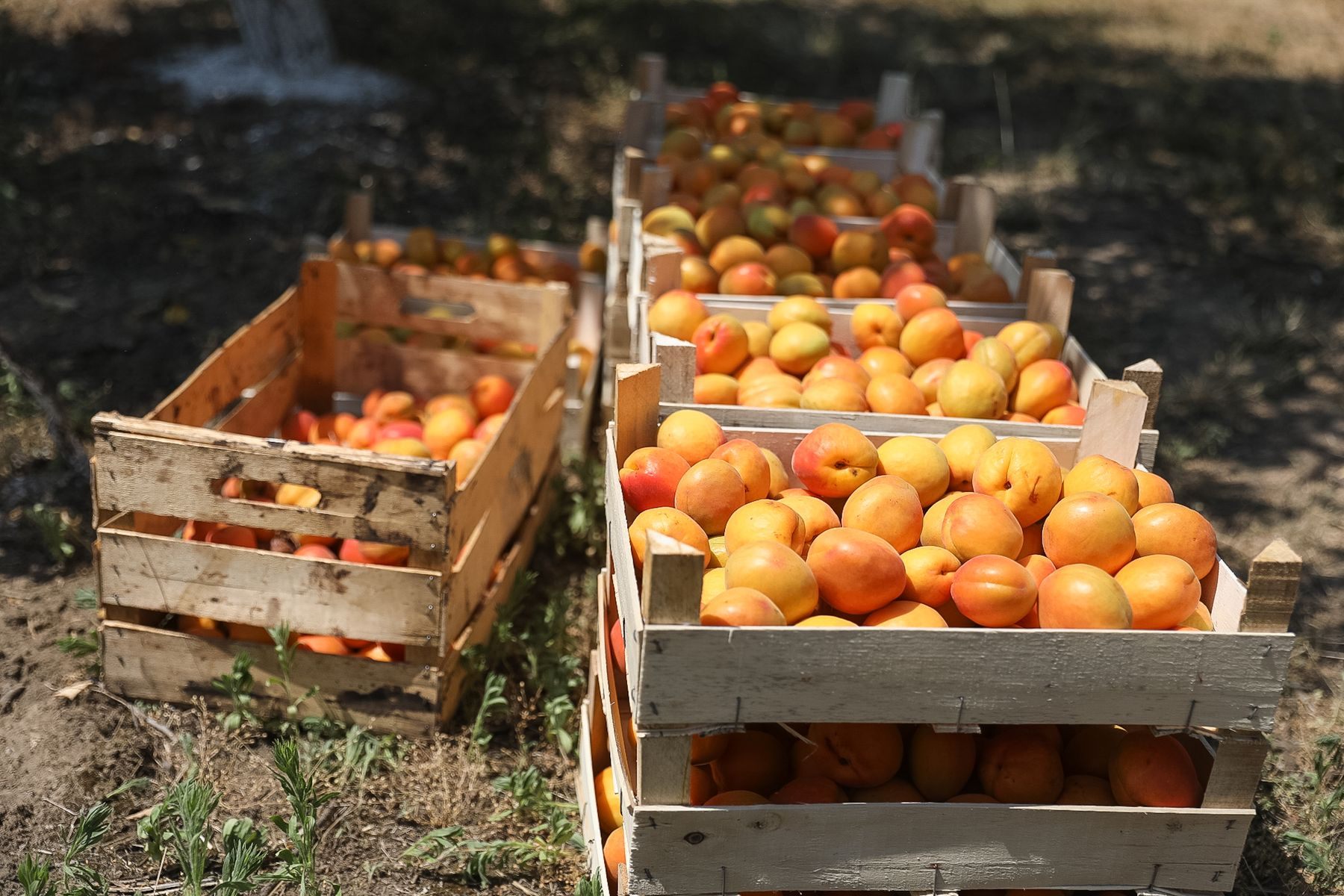
Each piece is important in the chain of geographical origin for a product to be successful on the market: the specific natural resources, knowledge and skills of the producers have influenced the products to obtain a special quality that differs from similar products. This recognizable quality is responsible for the reputation of the product in the minds of consumers.
“Dialogue to OriGInal products”
The “Original Srbija” Association is involved in the “Dialogue to OriGInal Products” project, which aims to strengthen cooperation between local authorities and associations of producers of products of protected geographical origin.
Since 2016, the City of Novi Sad has been subsidizing the certification of products with a geographical indication, for which it has allocated aside almost RSD 9 million in the previous five years. In previous years, these funds were awarded to the associations “Futoški kupus” (Futog Cabbage), the beekeepers’ association “Jovan Živanović” and “Begečki povrtari” (Begeč Vegetable Farmers), and so about 80 producers from the territory of the city of Novi Sad received a certificate of protection of geographical origin.
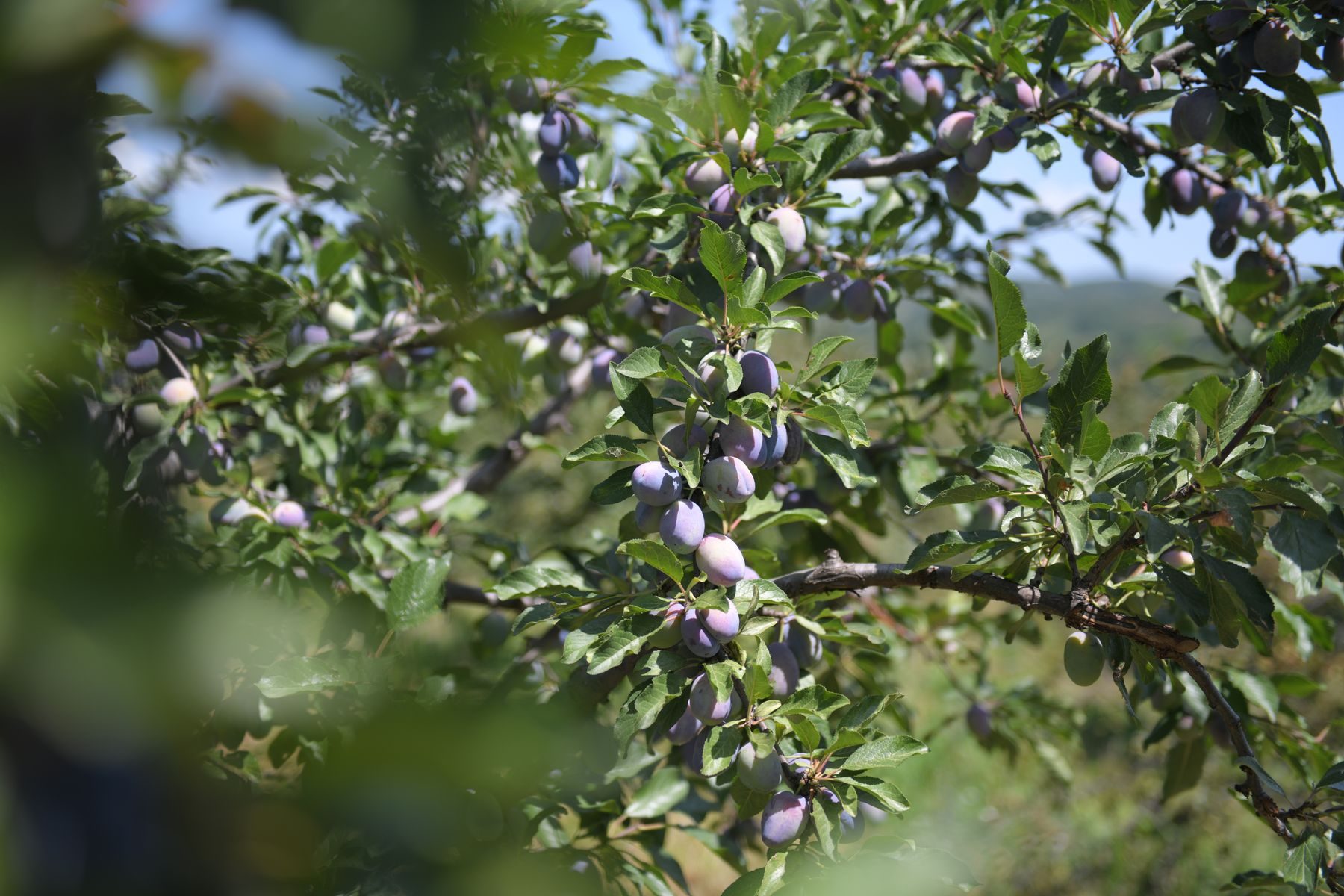
The project was supported by the European Union and is part of the “Dialogue of Change” coordinated by the Belgrade Open School.
Capacity-building for implementation and further development of legislation in the field of organic production and quality policy of agricultural and food products is the title of the twinning project financed by the EU with nearly EUR 1.14 million. The project resulted in drafts of the Law on Organic Agriculture and the Law on Agricultural and Food Products Quality Schemes and accompanying regulations were prepared, as well as specifications of three products with protected geographical indications at the national level, for registration at the EU level.
You can read more about the geographical origin on the website of the Ministry of Agriculture and the Intellectual Property Office.
The support of the European Union to agriculture and rural development of Serbia has amounted to more than EUR 230 million since 2000. EU projects in this sector encourage the use of funds from agriculture and rural development funds, and they are intended to improve consumer health protection, improve product quality, provide incentives and increase the competitiveness of Serbian farmers in the European Union market that has over 500 million consumers.

